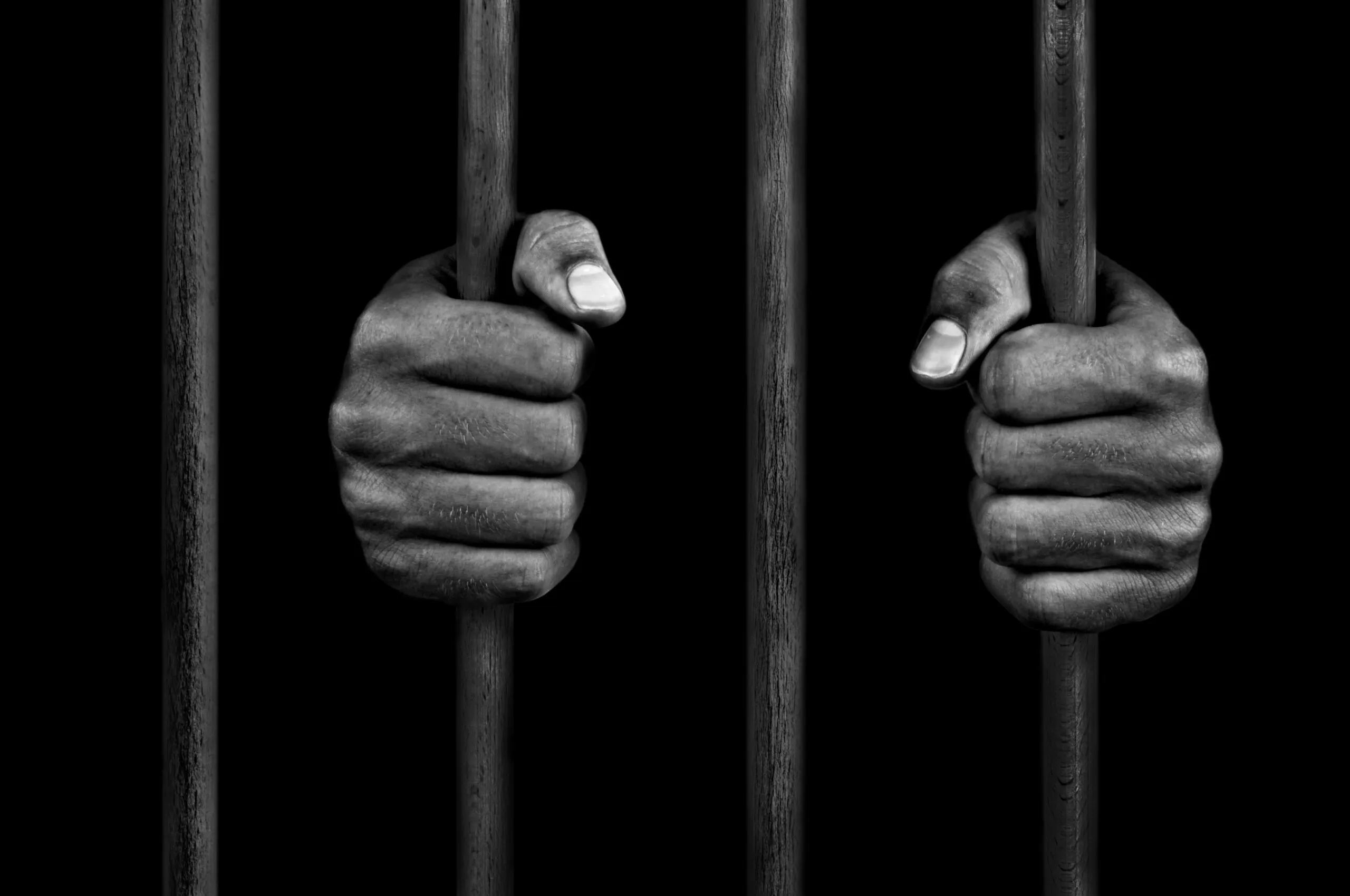If the police or other security agents hold you against your will, this could be considered a wrongful arrest. Wrongful arrest is a very broad term that covers all causes, types and levels of wrongful arrests. This is what we will be looking at in this article.
The Legal Definition
Although the wording can change from place to place, a wrongful arrest is typically defined as restricting someone’s movement by holding them somewhere, typically a room. It also refers to taking someone into custody without consent or following proper legal procedures.
So, what are the different causes of wrongful or unlawful arrests?
Arresting the Wrong Person
Arresting the wrong person is, unfortunately, very common, and is usually a result of a genuine mistake or a false arrest. The arrest becomes unlawful when a police officer acts without cause or beyond the powers provided to them.
Arresting the wrong person can happen because of wrong identification and sworn statements. Someone can say they saw you somewhere or do something, and a police officer might arrest you using this information. However, they will have deprived you of your rights if it later emerges that you were not the suspect they were supposed to arrest.
In such a case, you should talk to a false arrest lawyer. They will discuss the arrest with you and find out whether the police acted properly or beyond their powers. False arrests fall under police misconduct and are a very serious issue. You can find more details by talking to the false arrest attorneys at Romanucci & Blandin or visiting their website.
Arrest without Probable Cause
A police officer needs probable cause to arrest you. They also need to obtain a warrant, although the need and circumstances without which one is granted differ from one state to the next. Even if this is understood, police sometimes arrest suspects without either. If they do this, they violate the person’s civil rights, and this is considered unlawful and police misconduct.
Probable cause should always be based on facts and not emotions. However, sometimes police officers arrest people without the full context and facts on their side. This is unfortunate, and the person could sue if it happens to them.
Lying to Obtain a Warrant
There have been cases where police were caught having lied to a judge to obtain a warrant. This happens when a police officer is sufficiently sure someone is a suspect but does not have all the facts. If they lie and say they have the facts, the judge may grant the warrant, but the case will go nowhere. This is because lying to obtain a warrant and arresting someone based on that warrant is unlawful.
Race-based Arrests
This is very subjective because two people can see the same situation very differently. However, there are cases where police officers have arrested people based on their race. This happens a lot to ethnic minorities, and you can also sue if this happens to you.
A wrongful arrest is a huge problem due to the toll it has on victims. Citizens should understand their rights and police must do better to eliminate instances of false arrests.













